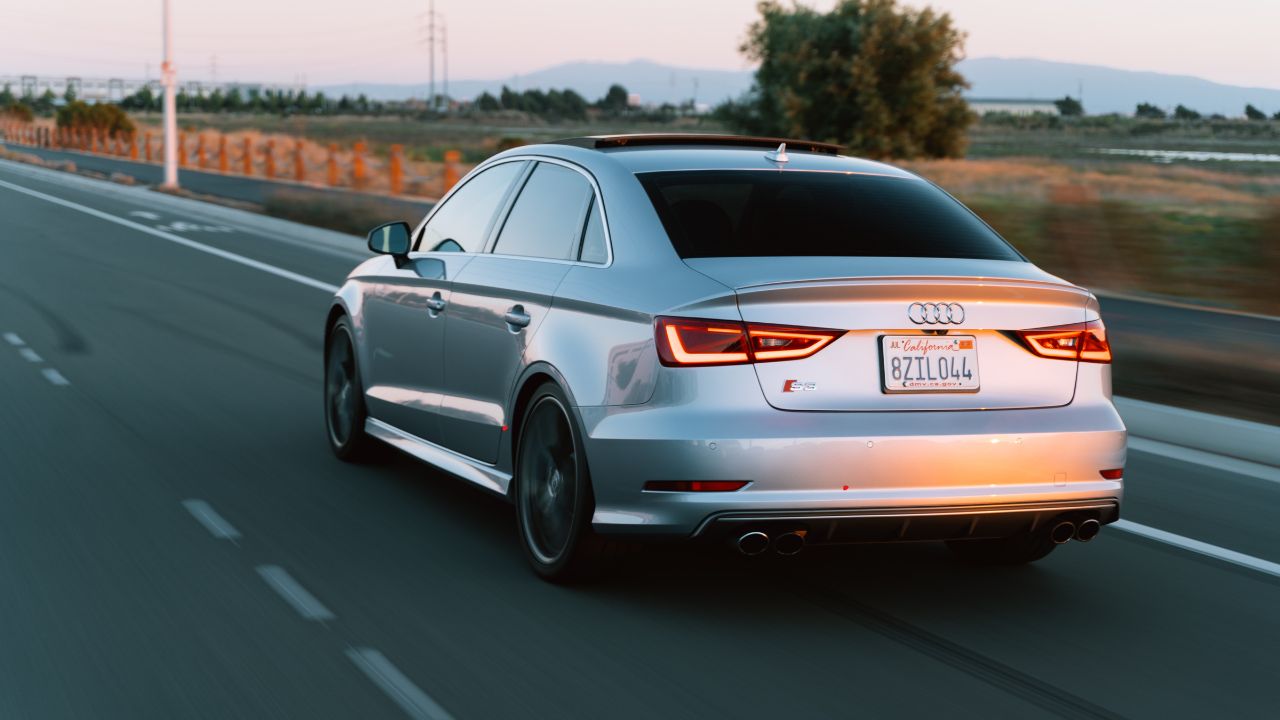When you’re shopping for a used vehicle in California, it’s easy to get caught up in the excitement. But before you hand over any cash or sign paperwork, there’s one step you should never skip: checking the Vehicle Identification Number (VIN). A California VIN check can tell you if the car is truly what the seller claims — clean title, no major damage, no shady past.

Here’s how a VIN check helps you stay safe, informed, and in control of your car purchase.
What Is a VIN and Why It Matters
A VIN is like a fingerprint for your vehicle. It’s a unique 17-character code found on the dashboard, near the windshield, or inside the driver’s side door frame. This code unlocks a detailed history of the car, including:
- Title status (clean, salvage, rebuilt, etc.)
- Past accidents and damage reports
- Odometer readings
- Theft records
- Registration and inspection history
- Recall information
Before you commit to buying a car, you can use this number to pull up its full background.
What a California VIN Check Reveals
1. Title History and Ownership
A title is proof of who owns the car. A clean title means the vehicle hasn’t been declared a total loss by an insurance company. A VIN check will show:
| Title Status | What It Means |
| Clean | No major issues reported |
| Salvage | Car was totaled by insurer |
| Rebuilt | Was salvage, now repaired |
| Flood | Water damage reported |
| Lemon | Returned under lemon law |
2. Accident and Damage Reports
Most VIN reports pull data from insurance companies and collision repair centers. If the car has been in an accident, you’ll see:
- Date and location of the accident
- Type of damage (rear-end, front, side)
- Severity of impact
- Airbag deployment
This info can help you avoid cars with hidden damage or safety concerns.
3. Theft and Recovery Records
You definitely don’t want to buy a stolen car. A VIN check will flag if the car has ever been reported stolen — and whether it was recovered. If the theft is still unresolved, walk away immediately.
4. Registration, Inspections, and DMV Compliance
In California, cars must meet state inspection and emissions requirements. A VIN check will show:
- Last registration date and location
- Smog check status
- Lien holders (if the car still has an outstanding loan)
- DMV issues like title errors or registration suspensions
This makes it easy to spot any red flags or paperwork problems before heading to the California DMV.
How to Run a VIN Check in California
You don’t need to be a mechanic or tech expert to check a car’s VIN. Here’s how to do it:
1️⃣ Locate the VIN on the car or ask the seller
2️⃣ Visit a trusted VIN check site (like VINCheck.info)
3️⃣ Enter the 17-digit VIN and run the report
4️⃣ Review the details: title, accidents, recalls, and more
💡Pro Tip: Cross-check the VIN on the dashboard, title certificate, and registration documents. They must all match.
Who Should Use a VIN Check — And When?
Different people use VIN checks for different reasons:
✅ Buyers: To avoid buying a car with hidden issues
✅ Sellers: To prove their car has a clean history
✅ Dealers: To verify trade-in vehicles
✅ DMV agents: To confirm title and registration status
Whether you’re buying from a dealership or a private seller, a quick VIN number check California-wide can save you from legal headaches later.
Watch for These Red Flags in a VIN Report
When reading a report, keep your eye out for:
- Title washing (changing a branded title to “clean” across states)
- Odometer rollback
- Multiple owners in a short time
- Unrepaired recall notices
- Recent registration in another state (could mean the car was moved to hide damage or title issues)
If anything seems off, ask for more documentation — or consider walking away.
Related Posts You May Find Helpful
- How to Spot a Flood-Damaged Car Before Buying
- How DMV VIN Checks Help Detect Salvaged and Rebuilt Titles
- California’s Two-Plate Rule: What Used Car Buyers Should Know
- Top 5 Red Flags to Watch for in California Used Cars
These guides can help you make smarter car-buying decisions and stay compliant with California DMV requirements.
Final Thoughts: Always Check Before You Buy
A California VIN check is a small step that can save you thousands. Whether you’re buying from a friend, a used car lot, or a private seller online, don’t skip it. It’s your best defense against scams, costly repairs, and legal trouble.